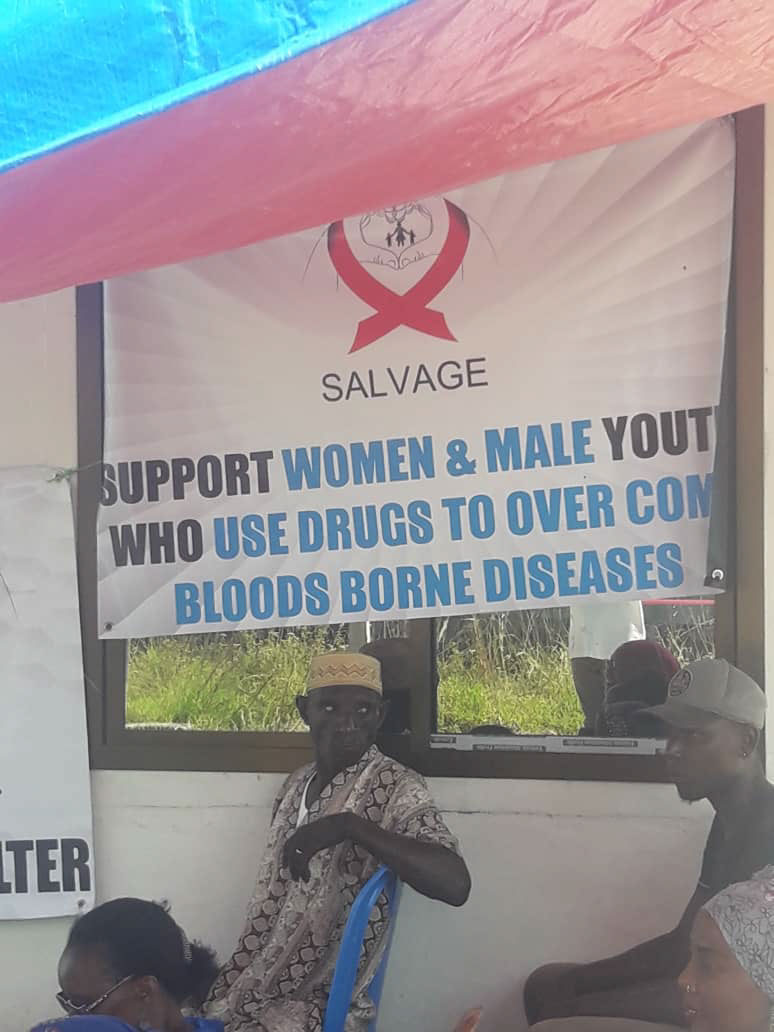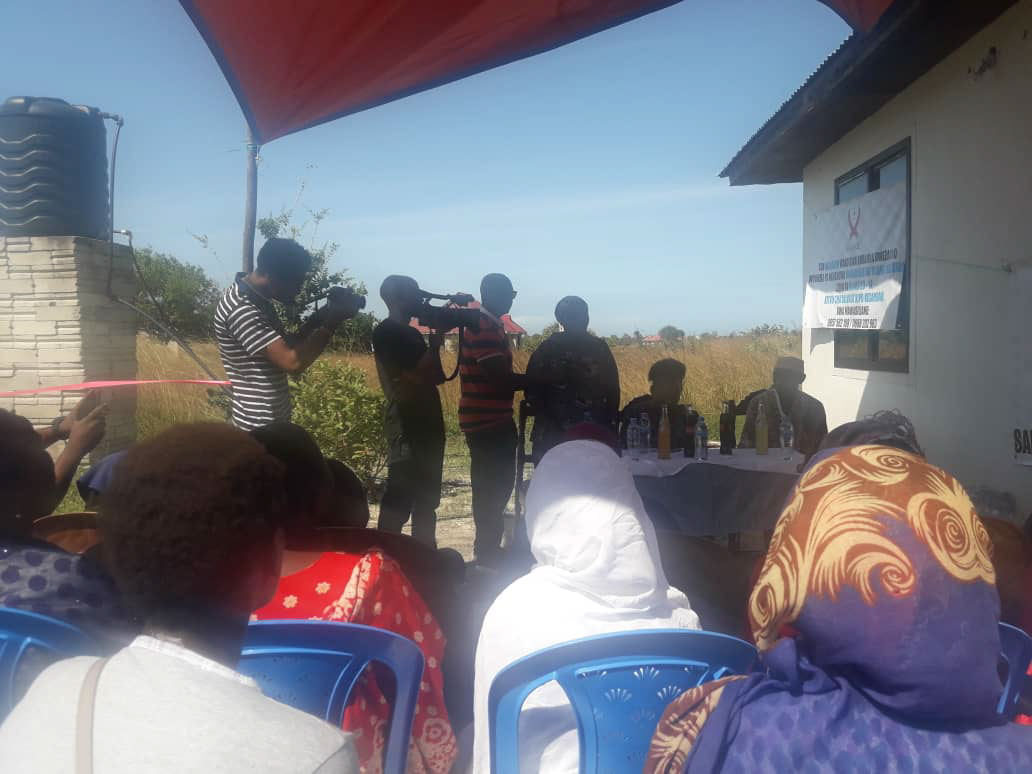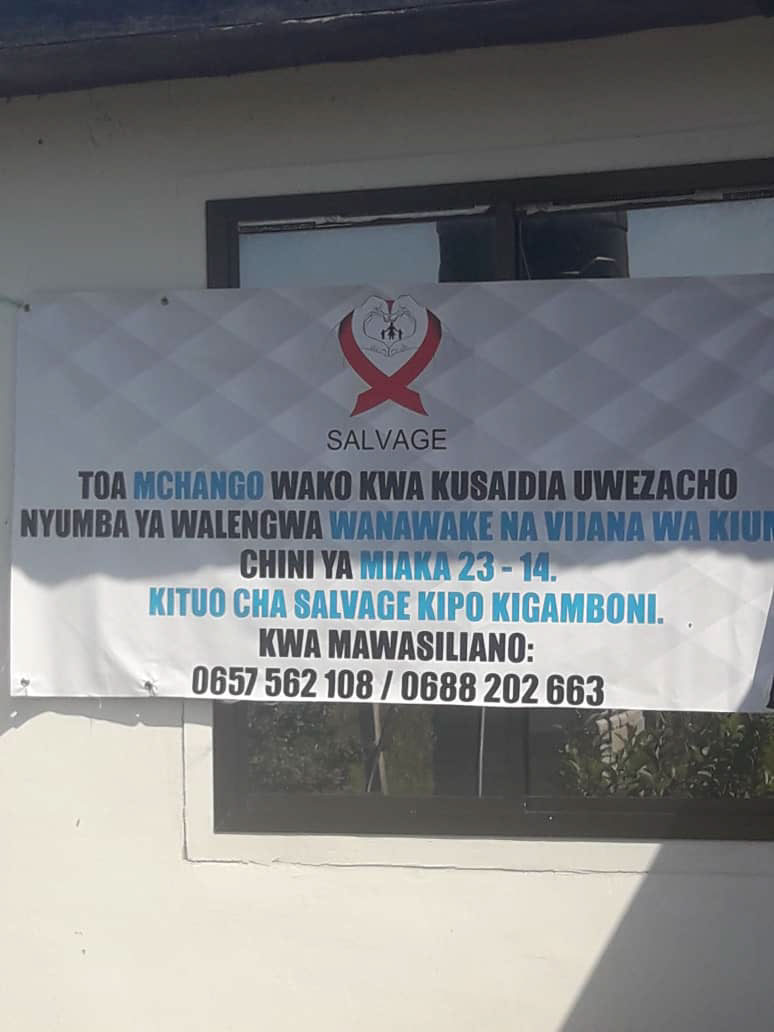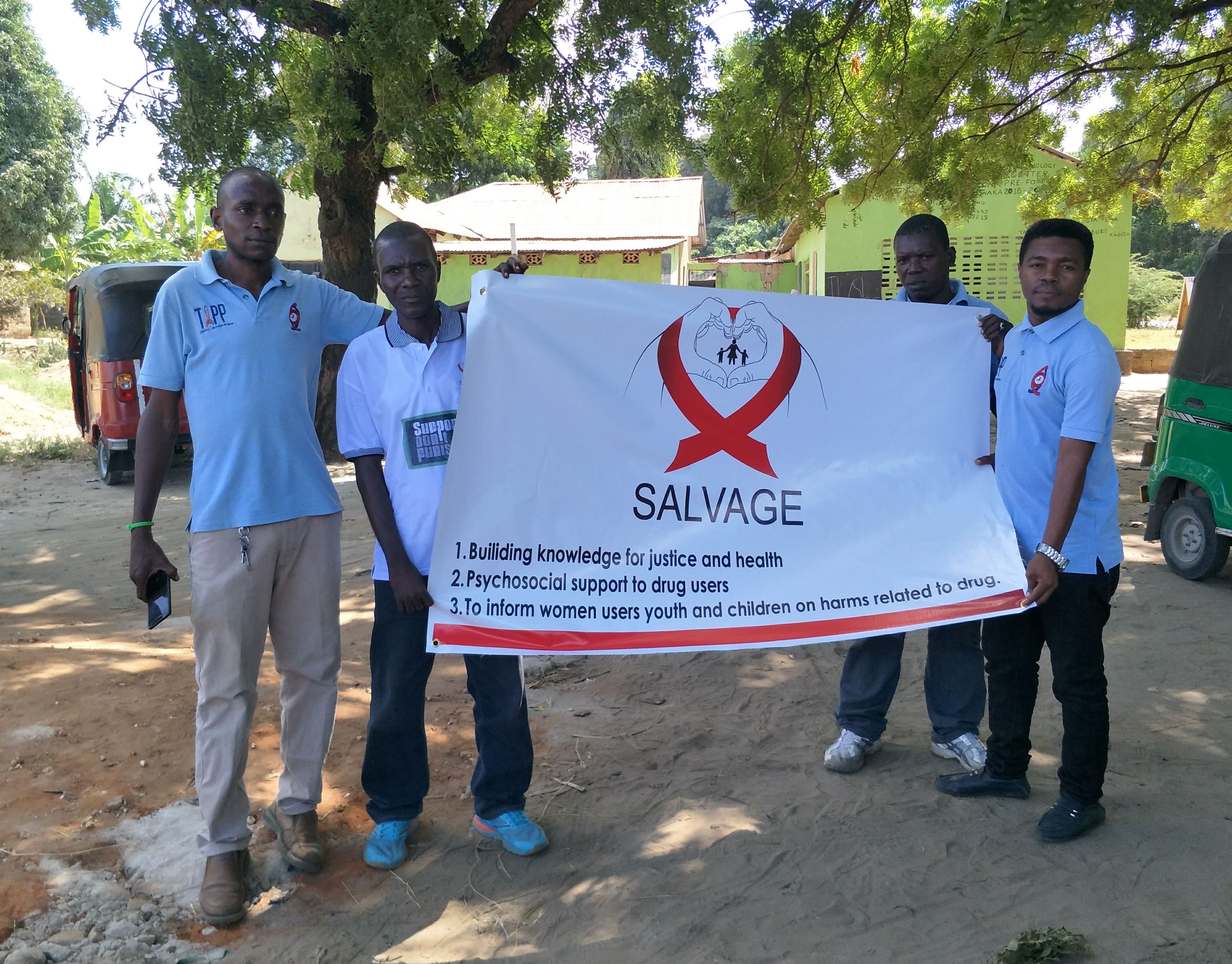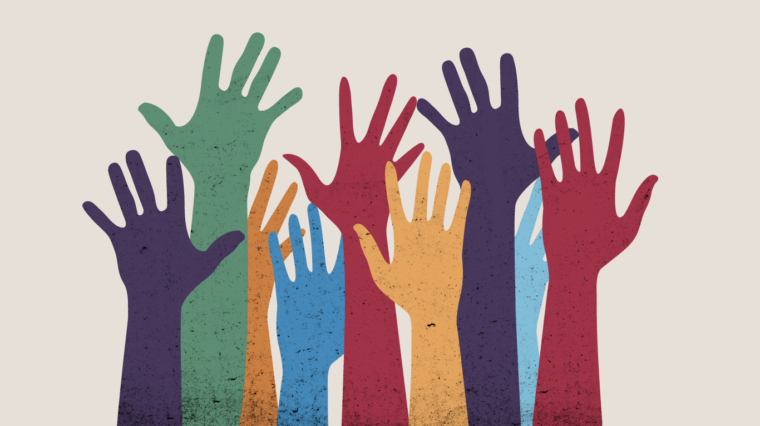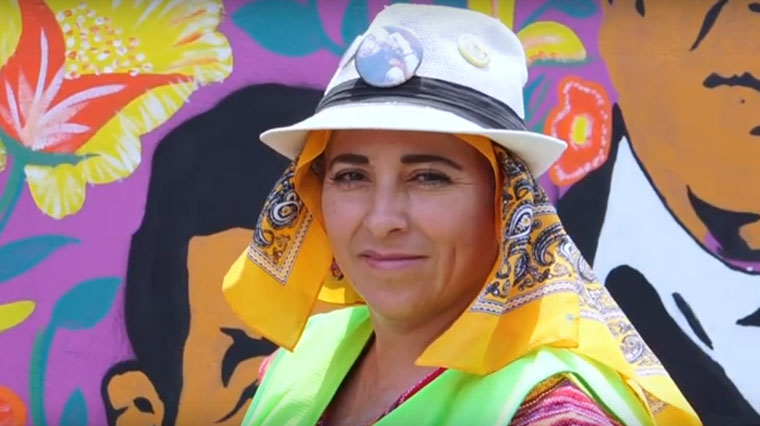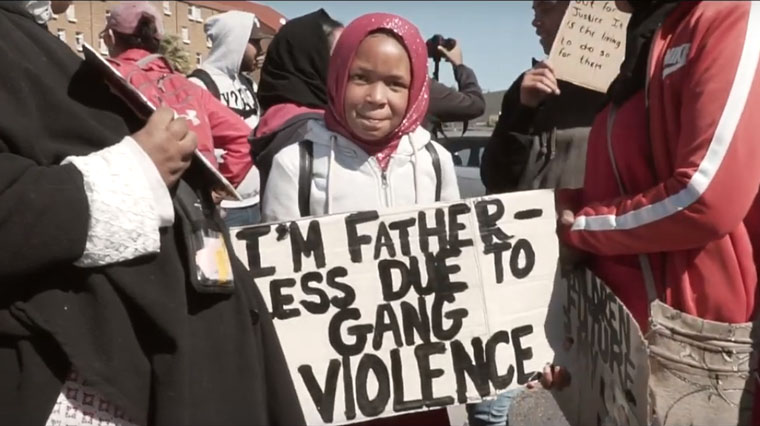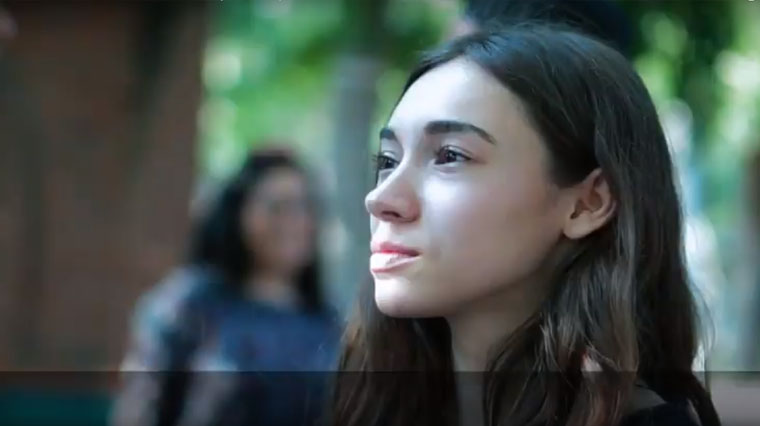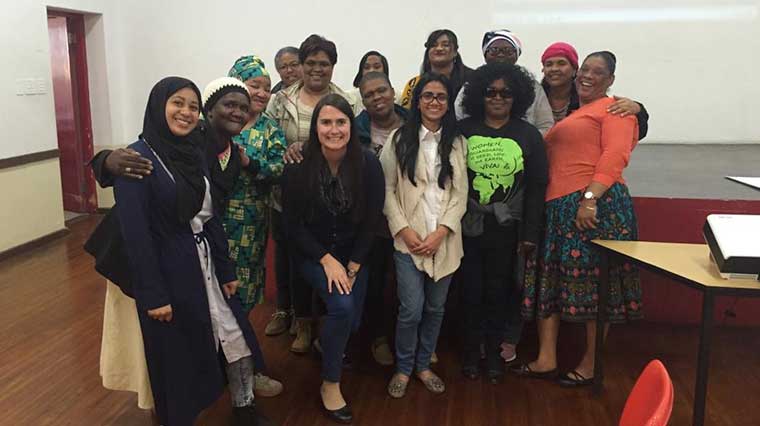Supporting Safe Spaces
Save the date: 13 February 2020
Published on January 15, 2020
‘Supporting Safe Spaces’: a resilience shelter for women and girls who are affected by drug use and Tanzania’s war on drugs has been opened in Dar es Salaam, Tanzania, on 15 June 2019.
The launch of the shelter by a local community group, SALVAGE, was made possible through the financial support of the Civil Society Resilience Fund Against Organized Crime, a worldwide programme of the Global Initiative Against Transnational Organized Crime.
The Resilience Fund supports civil society actors to build resilience in communities harmed or threatened by organized crime and criminal governance.
The launch event was attended by officials and local community members, and was covered on local television.
SALVAGE’s shelter is a vital support mechanism for the community here, particularly women who use drugs. The support given by the Resilience Fund has made this happen, and our community will become stronger as a result.
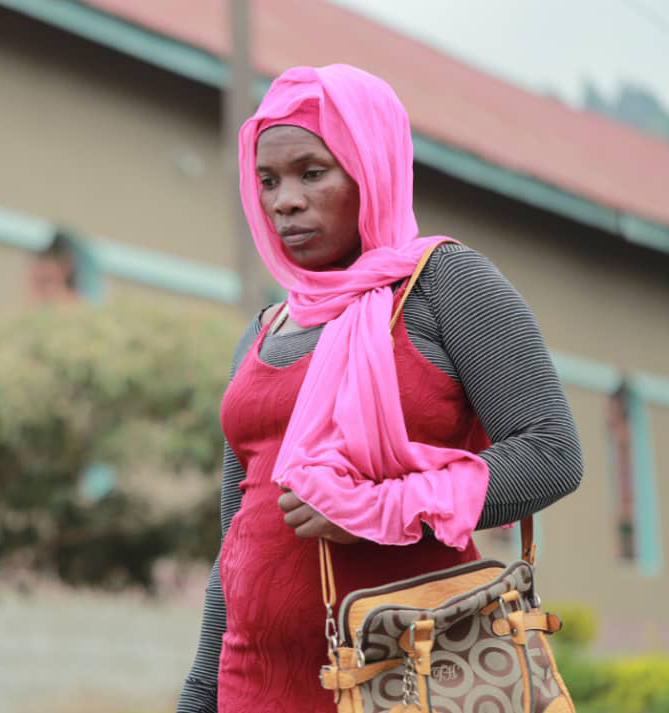
SALVAGE was created to support the development of resilience activities among women in particular, but also among people who use drugs more widely
The Resilience Fund is now operational across the world, and the resilience shelter in Tanzania is a shining example of the impact that the Fund is already having in supporting vulnerable communities and individuals. Communities have been blighted by organized criminal networks and the criminal governance that allows crime to thrive. Through the Resilience Fund, we are supporting people and groups, like SALVAGE, who can help their communities respond and rebuild in these dire situations.
